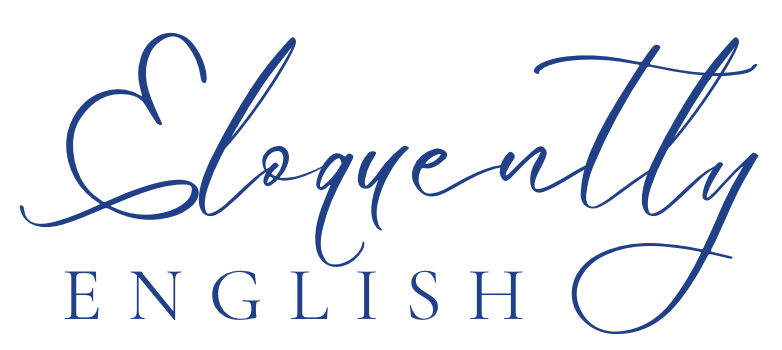Why do the French have ‘des blocages’ when speaking English ?
Since moving to France in March 2020 (yes, at the start of COVID), I have tried my best to understand integrate myself into the French culture, or ‘ la vie Parisienne’, by learning the language. From my conversations with French people and English language teaching experience here, I now have a much clearer understanding on why the French have ‘des blocages’ when conversing in English. Here are three key factors that I believe have attributed to this issue:
1) The Education System
The French school system has a tendency to be strict and rigid in its approach to English language learning. I understand that teachers have a tendency to put big red crosses next to each incorrect answer. Over time, this would undoubtedly impact any child’s confidence and motivation to learn English, or any subject for that matter. They become so afraid of making a mistake for fear of being ridiculed in front of their peers.
The use of ‘rote’ learning (learning through memorisation) is also the preferred learning method, which often makes the French technically very sound in English, but often leaves them unable to fluently converse in English due to a lack of freer, spoken English practice in the classroom. I have seen first-hand how this then affects them in a workplace environment; they become crippled with fear and unable to express themselves clearly and confidently in front of Anglophone colleagues or clients. I’d like to add that the system for learning languages at school in the UK isn’t much better, even in private schools, however we do have the advantage of already speaking the language understood by the majority of the population globally.
2) Dubbing
As Adeline Prevost, from Education First, points out that the French generally have limited exposure to English, due to the lack of films and series in English. As French is a widely spoken language globally, the films are often dubbed or in ‘version française’ (VF).
She also notes that in countries such as Sweden, where the language is not spoken in other countries, there is less access to translations so they have more exposure to English day-to-day.
However, there has been a shift in recent years with French having more exposure English via social media and online streaming platforms, such Netflix, Amazon Prime (and Canal+), offering films and series in English or la version originale (‘VO’) with subtitles.
3) L’Académie Française
Affectionately known as the ‘guardians of the French language’, The Académie Française are very protective towards France’s linguistic identity. They are devoted to retaining the French language by finding French alternatives to Anglicisms, particularly in a business setting, such as le wifi, un meeting, un email. As we know, there are frequent political debates in France when it is deemed that too many English words are being used, and risk ‘polluting’ the French language.
It's worth noting that 57 percent of French people have 'moderate proficiency' in English, in the UK just 38 percent of people speak a second language while in the US it's nearer 20 percent.
I get it ….
I, too, have experienced this crippling fear of embarrassment and humiliation when learning Japanese and French. However, with time, experience and hard work, I have learnt how to forgive myself when I make mistakes. We’re only human, after all!
It’s for this reason that I started Eloquently English - to help motivated French executives overcome their fears and unlock their true potential in spoken English.
If you feel that you might be missing out on opportunities and being overlooked for English-speaking opportunities, or you feel that you have all the words, but can’t seem to communicate well in professional situations without fear of judgment from others, then I am here to help you take that leap by ensuring you come away with the highest standard of English.
Book a discovery call now to learn more.
